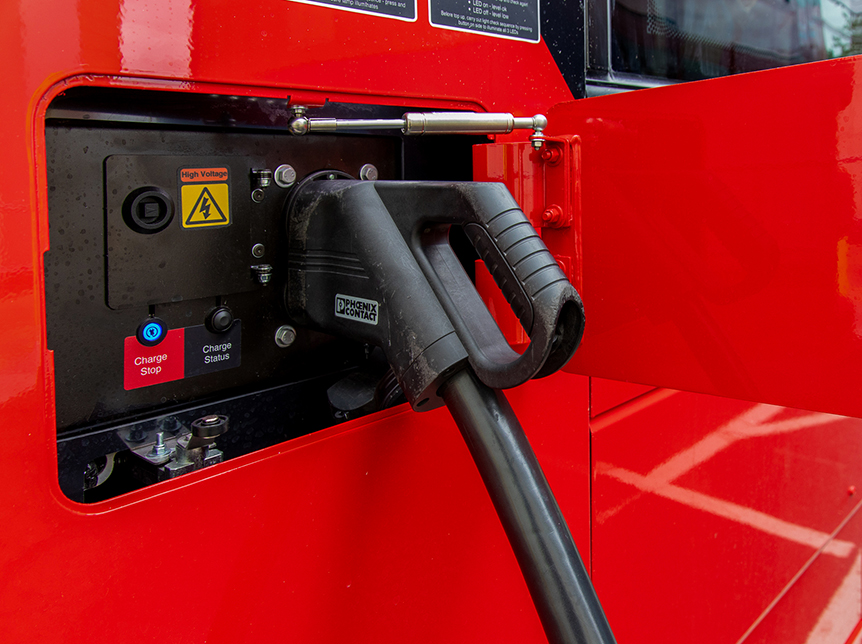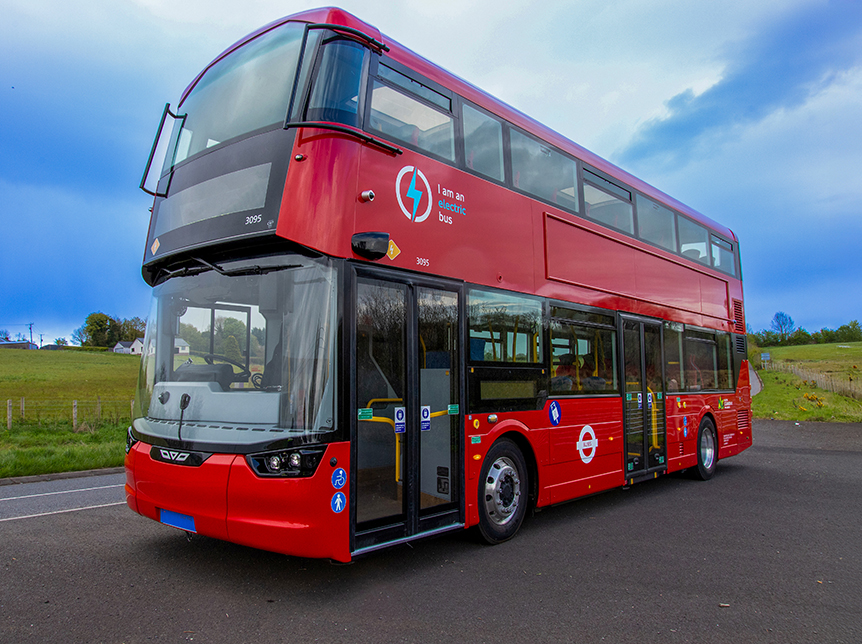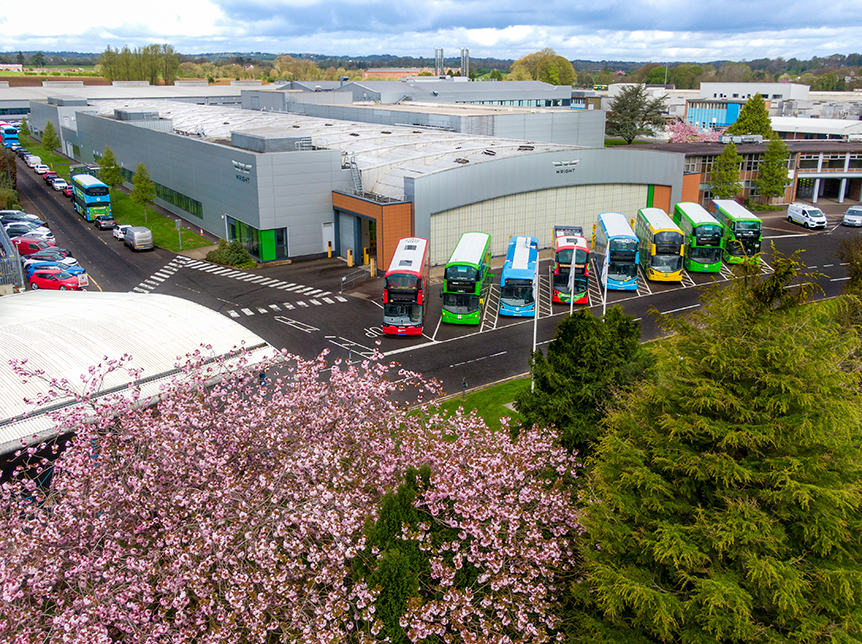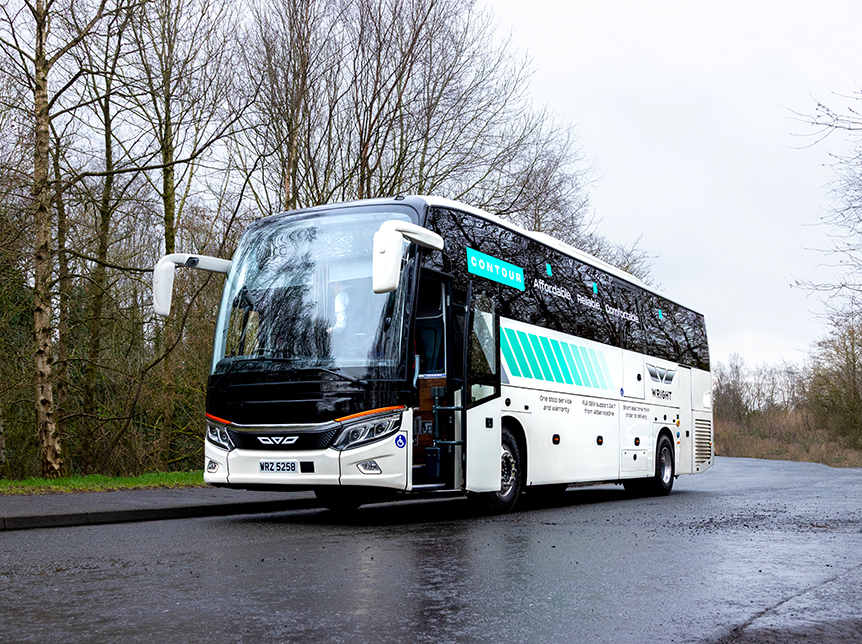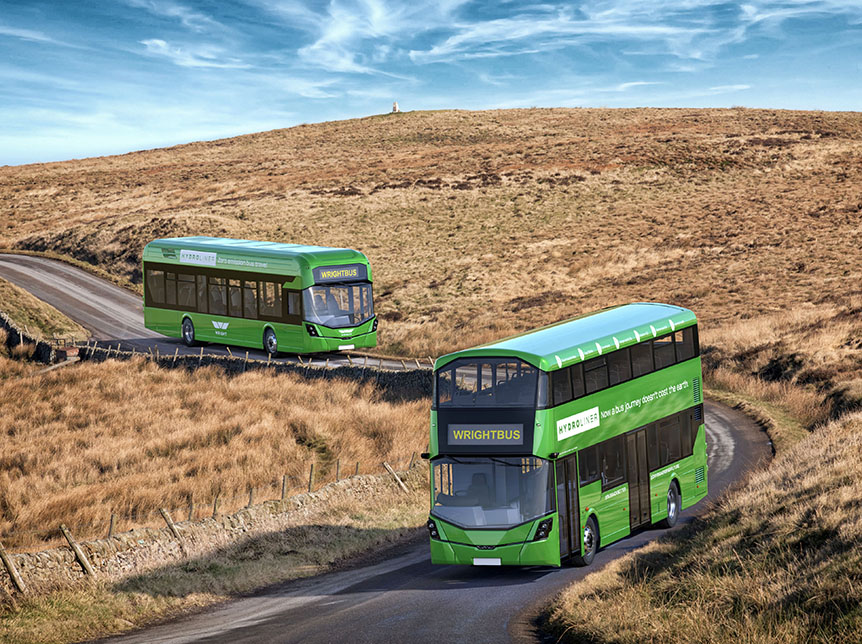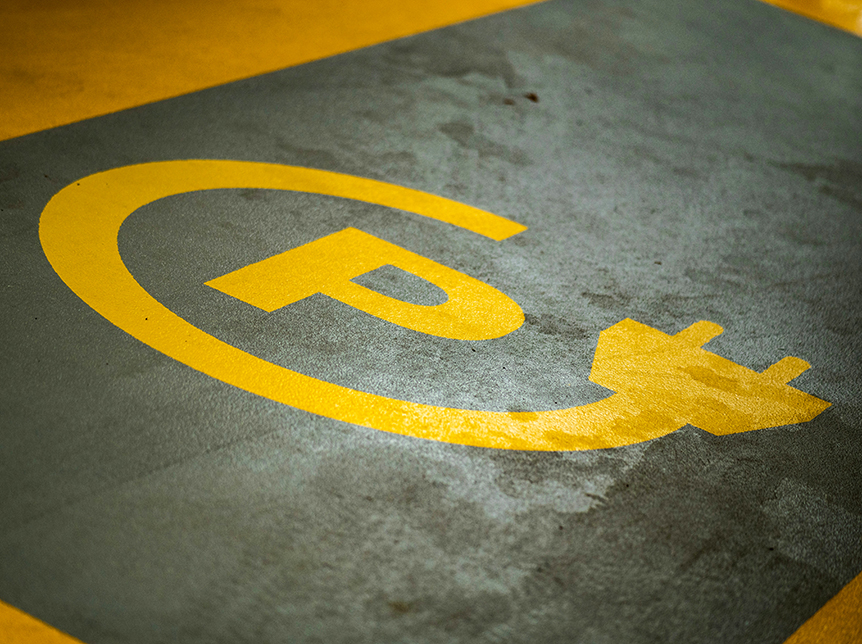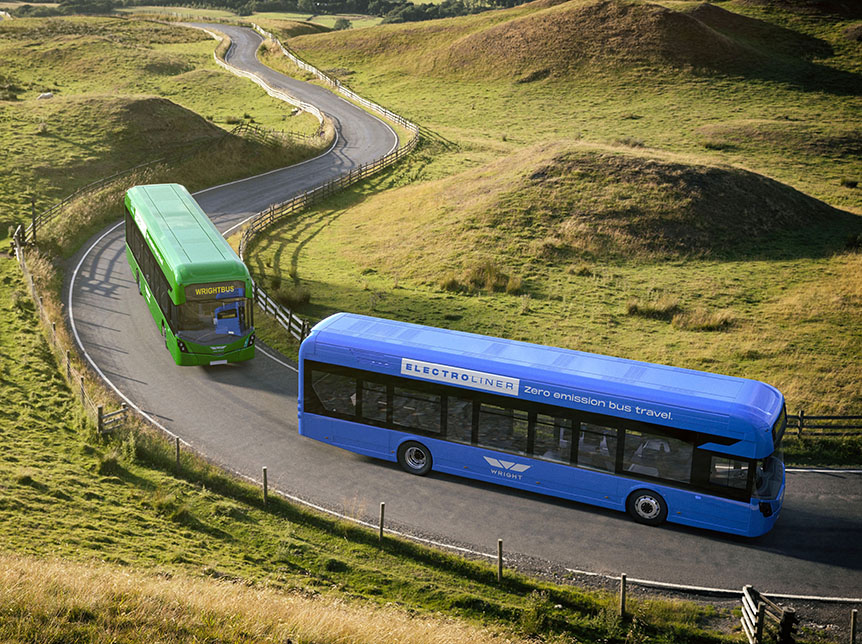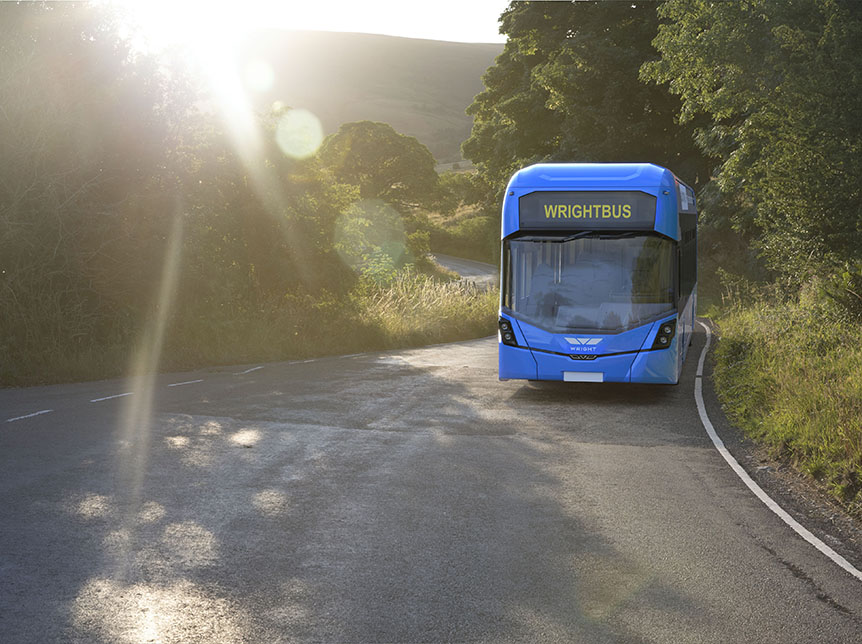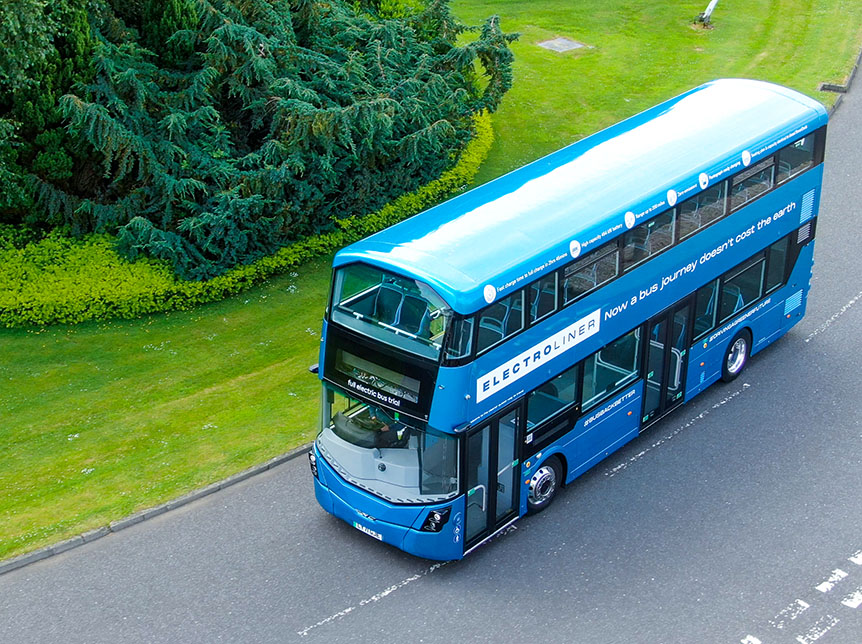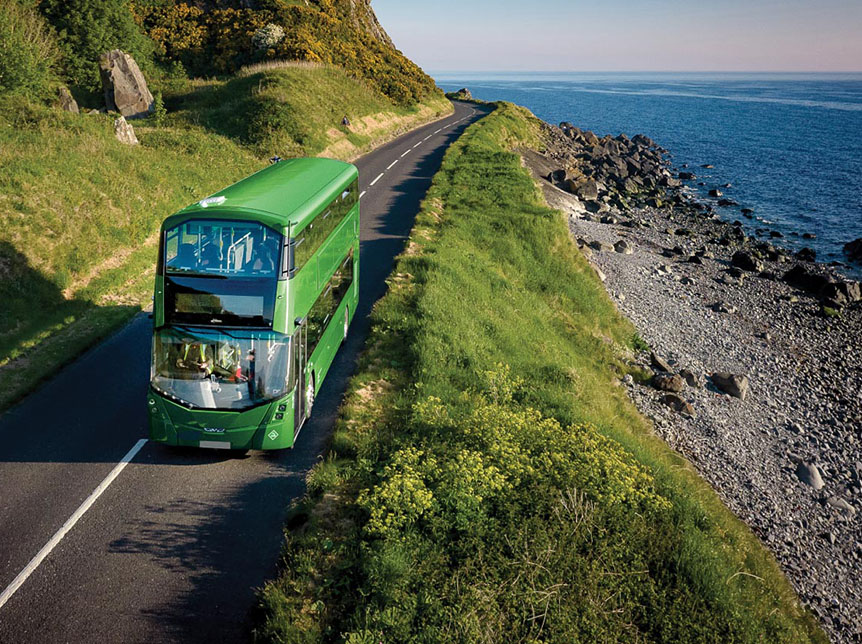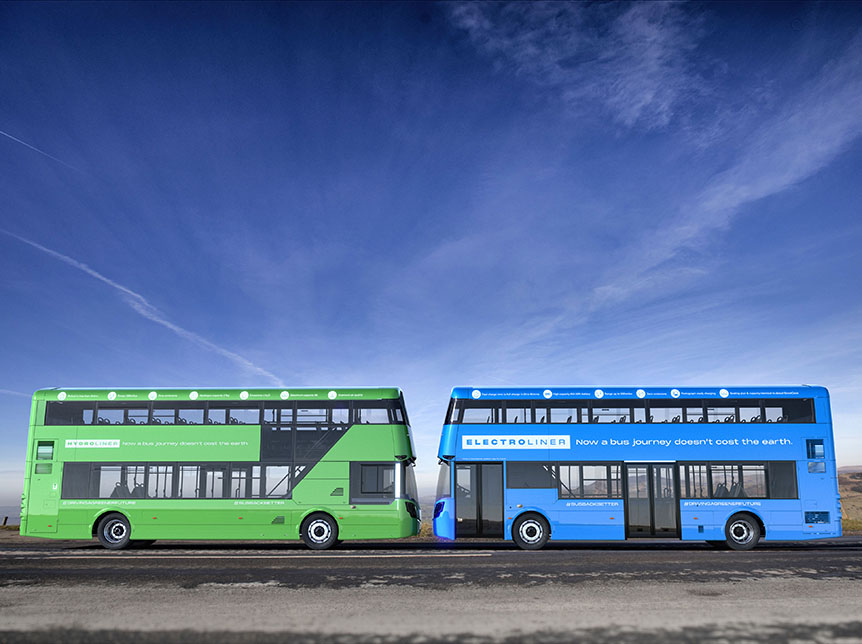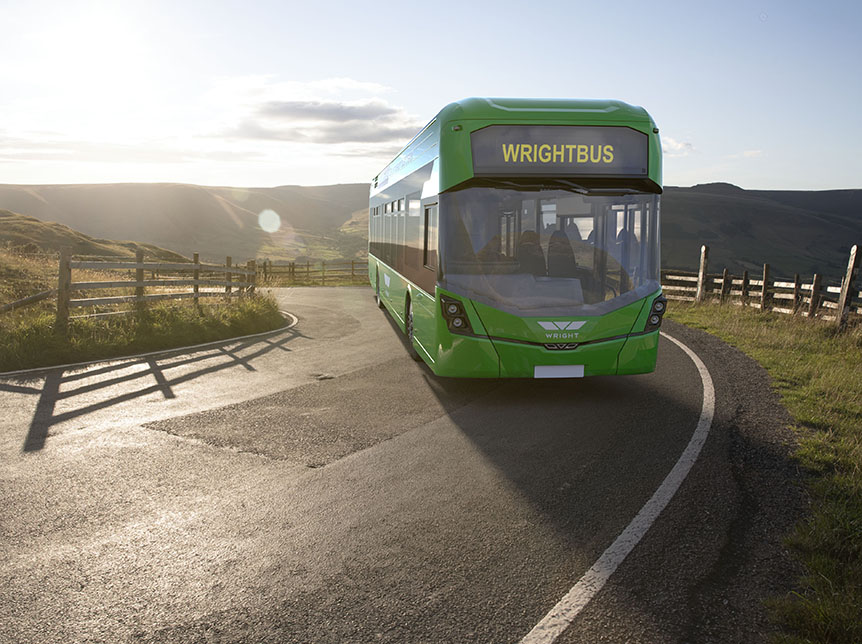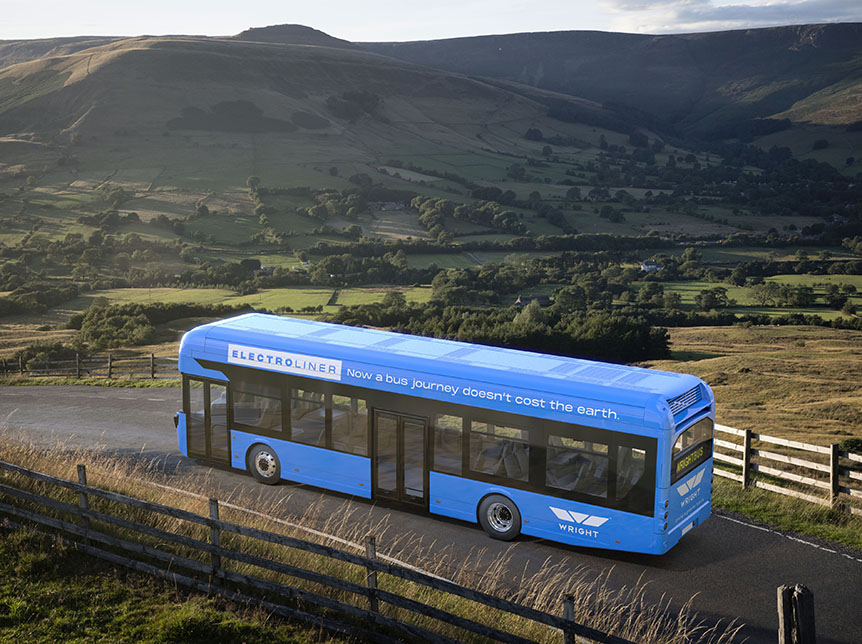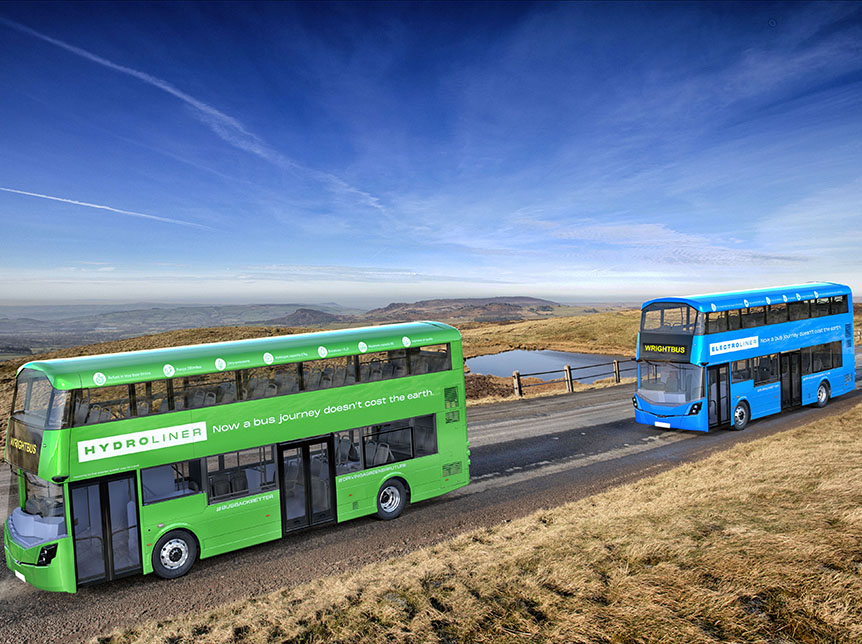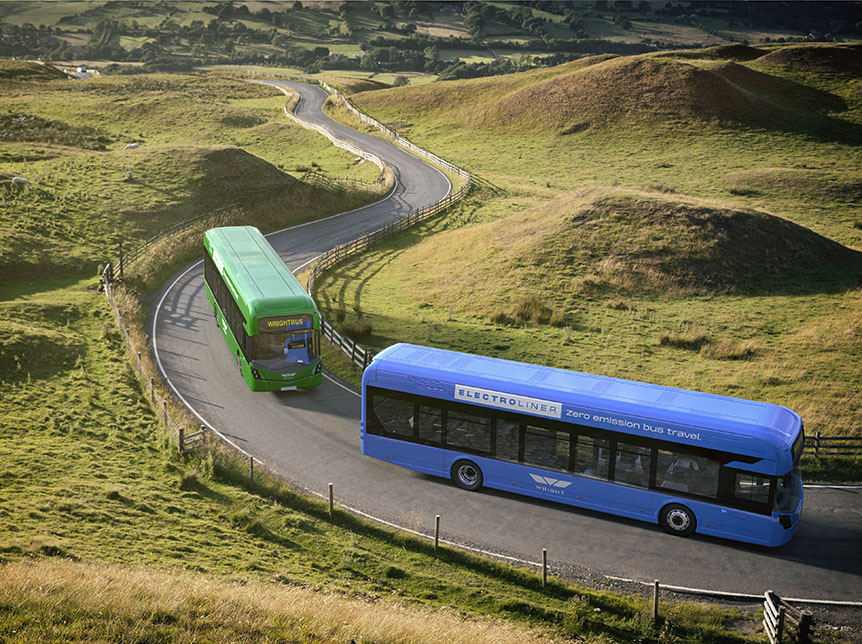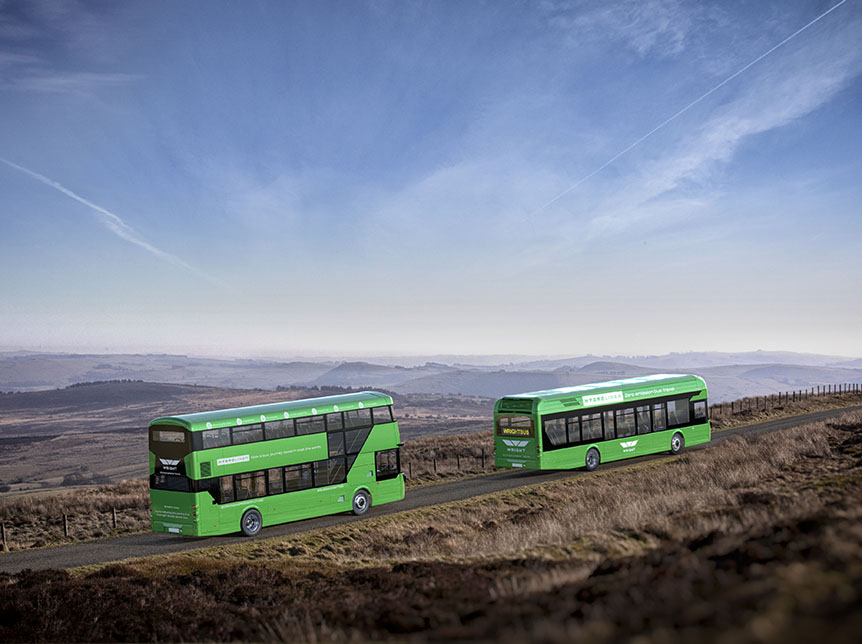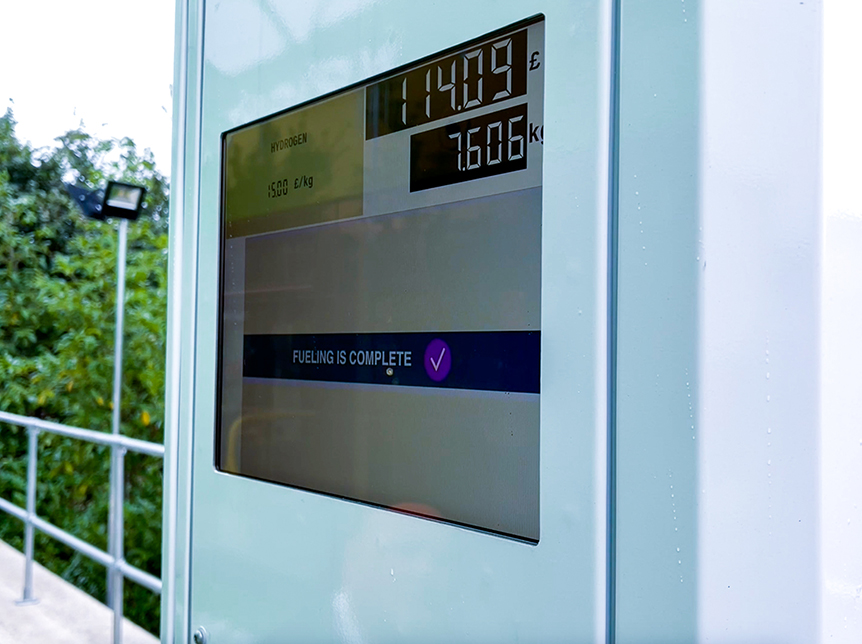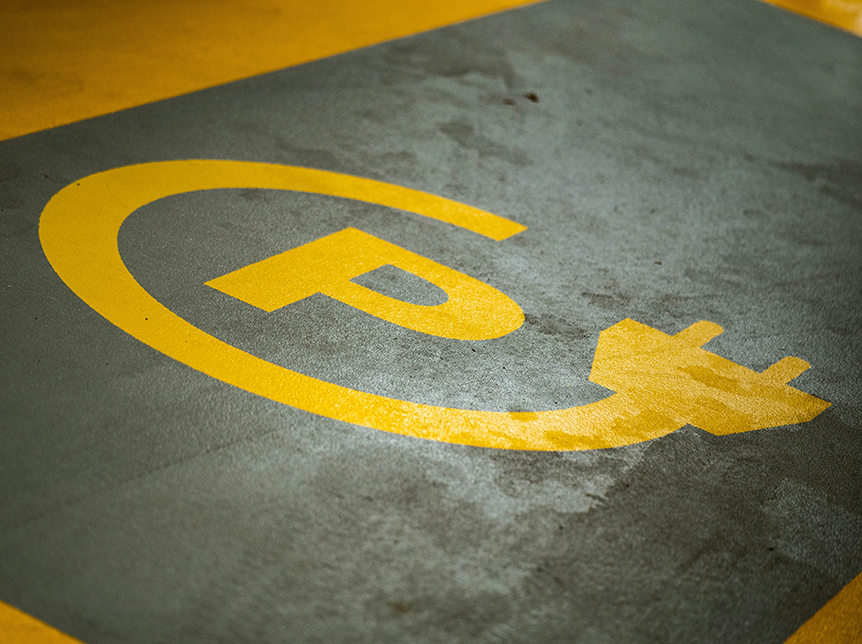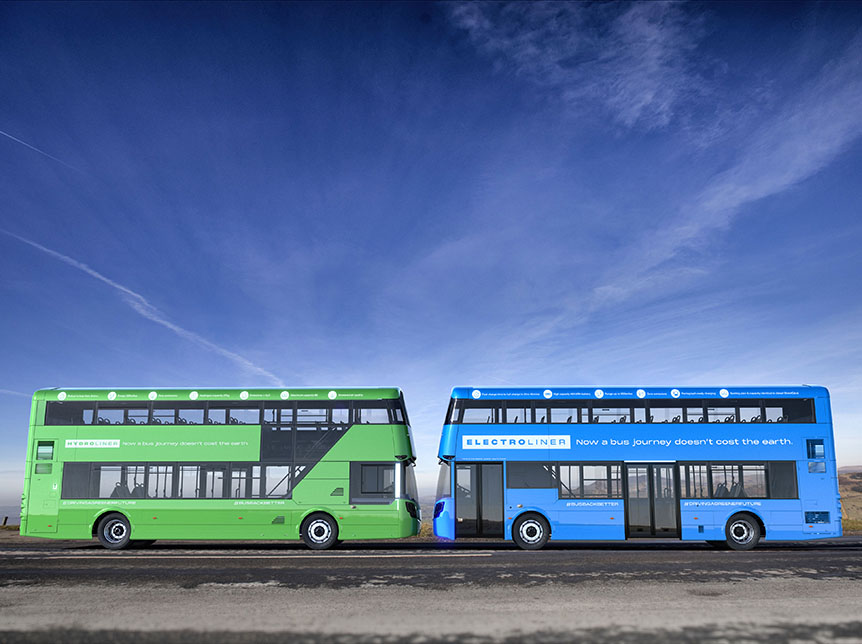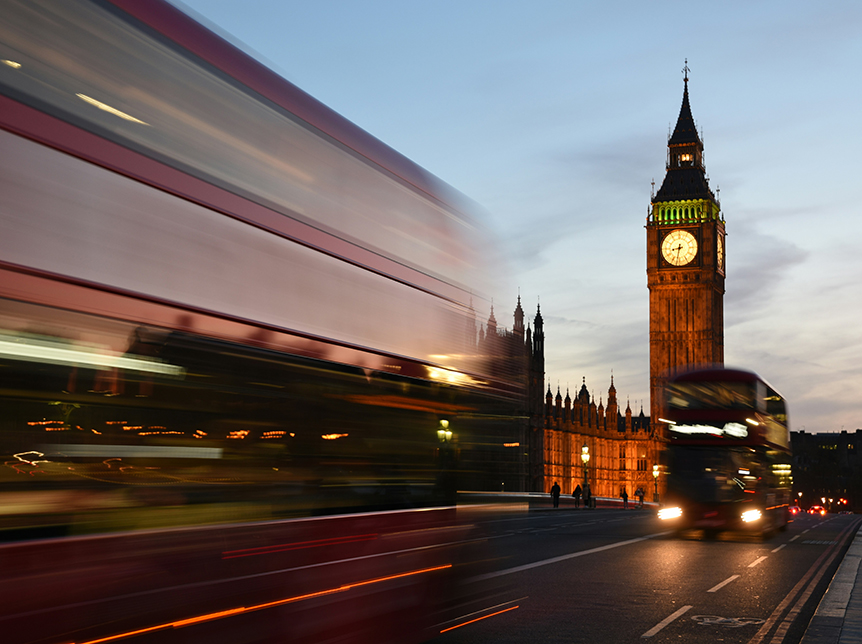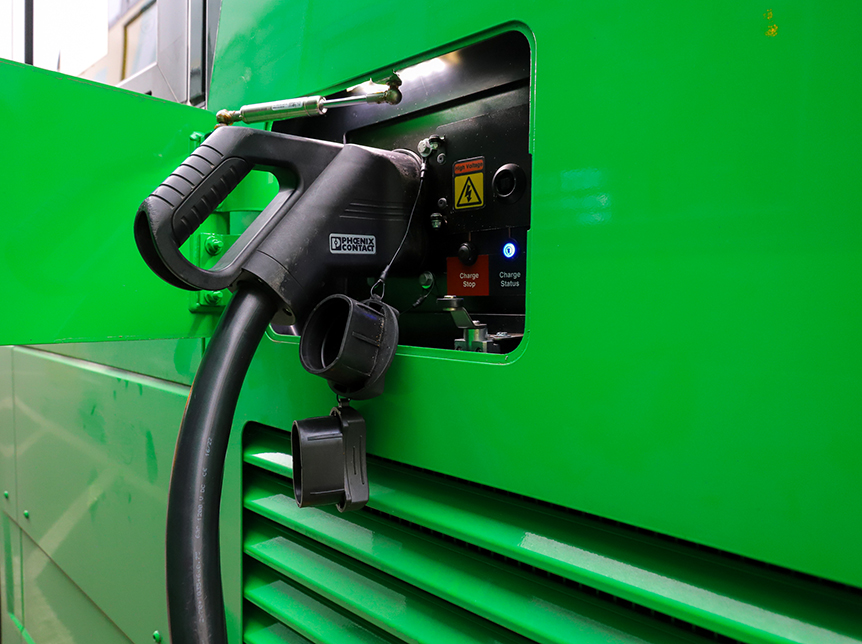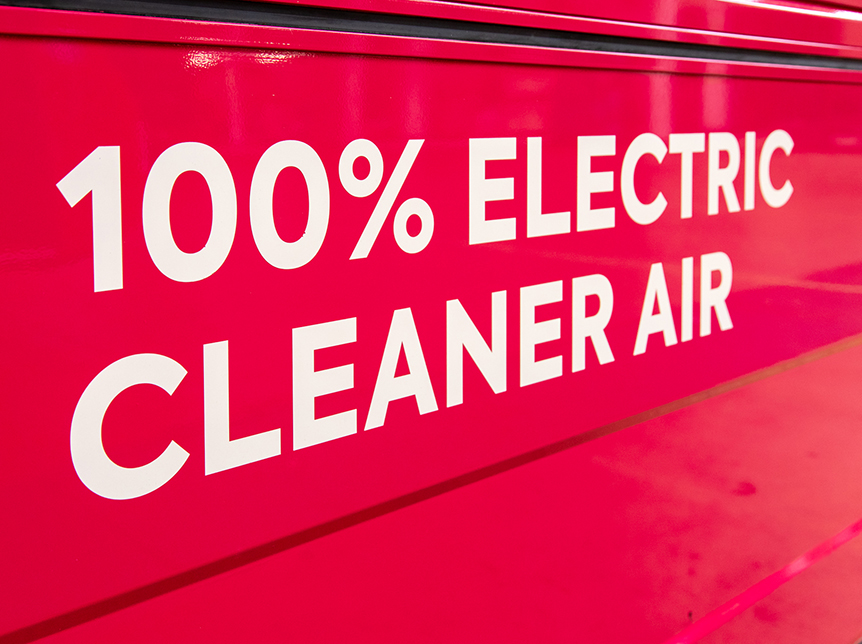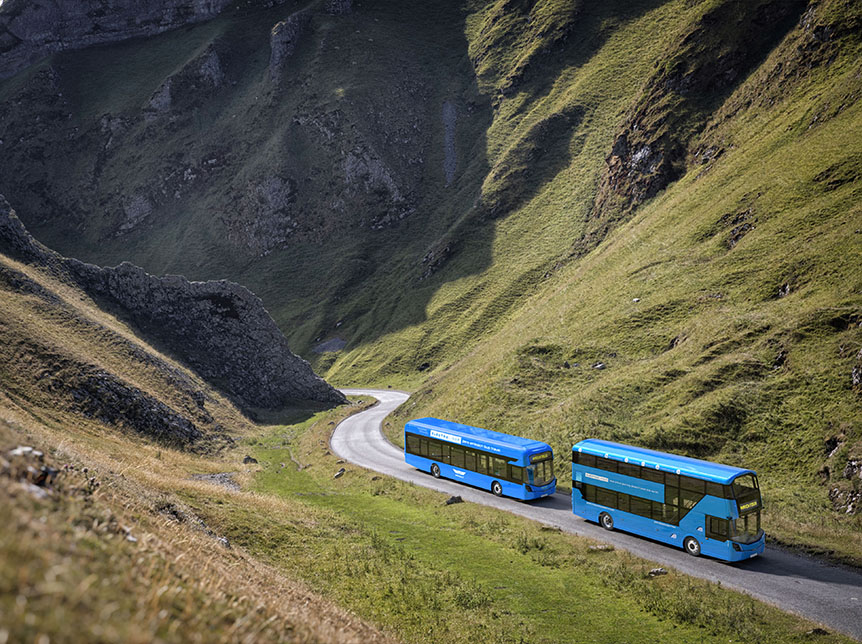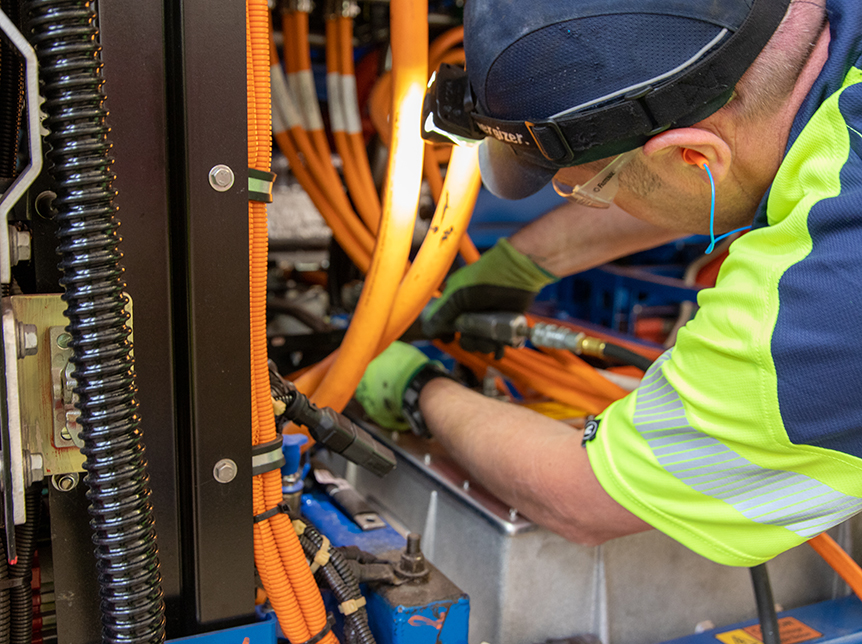
As cities around the world seek to reduce carbon emissions and improve public transportation efficiency, hybrid buses have emerged as a game-changing solution. Combining the benefits of traditional diesel engines with electric power, hybrid buses offer an eco-friendly alternative that not only helps reduce pollution but also lowers operational costs. When combined with the iconic double decker bus design, hybrid buses take sustainability to new heights, offering a cleaner and more efficient mode of transportation for urban areas.
What Are Hybrid Buses?
Hybrid buses are vehicles that use a combination of an internal combustion engine (typically diesel) and an electric motor to power the vehicle. The dual power source helps the bus operate more efficiently, with the electric motor assisting during low-speed driving and the diesel engine providing additional power for higher speeds or long-distance travel. This system significantly reduces fuel consumption and emissions compared to traditional diesel-only buses.
When applied to the double decker bus design, the hybrid technology enhances the vehicle’s ability to carry large numbers of passengers while reducing its environmental footprint. Double decker hybrid buses are particularly ideal for cities with high passenger demand and limited space, as they maximize capacity without increasing congestion.
Benefits of Hybrid Double Decker Buses
1. Reduced Emissions: Hybrid buses, including double decker models, emit fewer greenhouse gases and pollutants than their conventional diesel counterparts. The electric motor can run on its own at low speeds, allowing for zero-emission operation in congested city centers. This contributes to cleaner air and reduced noise pollution, making urban environments more livable.
2. Increased Passenger Capacity: The double decker bus design inherently offers more seating and standing room than single-decker buses, making it ideal for busy routes. With the addition of hybrid technology, these buses can handle high passenger volumes more efficiently, reducing the need for multiple buses on the same route.
3. Cost Savings: The hybrid system allows buses to use fuel more efficiently, leading to lower fuel consumption and reduced operating costs. Over time, this can result in significant savings for transit authorities. Additionally, hybrid buses require less maintenance than traditional diesel buses, further driving down long-term expenses.
4. Enhanced Comfort and Experience: Hybrid double decker buses are designed to be quieter and more comfortable for passengers, with smoother acceleration and braking. This enhanced ride quality, along with the ability to avoid exhaust fumes in crowded areas, improves the overall passenger experience.
5. Sustainability and Innovation: The integration of hybrid technology with the double decker bus design represents a step toward sustainable urban transport. By adopting hybrid buses, cities can demonstrate their commitment to reducing carbon emissions and supporting greener transportation options.
Challenges and Considerations
While hybrid buses offer numerous advantages, their adoption may be hindered by initial costs and infrastructure requirements. The integration of hybrid technology into double decker buses can be expensive upfront, though the long-term savings in fuel and maintenance can offset these costs. Additionally, cities need to invest in the proper charging infrastructure to support hybrid and electric buses effectively.
Conclusion
Hybrid buses, particularly when paired with the double decker design, offer an innovative solution for sustainable public transportation. With their ability to reduce emissions, increase passenger capacity, and lower operating costs, hybrid double decker buses are poised to play a key role in the future of urban mobility. As cities work to achieve their environmental goals, these buses provide a practical and efficient way to transport large numbers of people while reducing the carbon footprint of public transportation systems.
Read more
Single Decker Electric Buses: Paving the Way for Sustainable Public Transport
Read onThe Double Decker Electric Buses: Revolutionizing Urban Transportation
Read onElectric Buses and Hydrogen Vehicles: Driving the Future of Sustainable Transportation
Read onThe Future of Public Transit: Single Decker Buses and Hydrogen Fuel Cell Vehicles
Read onExploring the Future of Transportation: Battery Electric Vehicles and Double Decker Buses
Read onNavigating Urban Landscapes: The Versatility of Single Deck Buses and Double Deck Buses
Read onLondon's Bendy Bus Legacy and the Innovation of London Electric Vehicle Company
Read onPioneering Zero-Emission Transport: The Rise of Electric Bus Companies in the UK
Read onEmbracing Tomorrow's Roads: Zero-Emission vs. Battery Electric Vehicles
Read onThe Perfect Blend: Exploring Hybrid Electric Vehicles and the Role of Coach Builders
Read on
Get in touch
Wrightbus has been at the forefront of transport innovation since 1946, relentlessly pushing the boundaries with its commitment to quality, style and safety.
